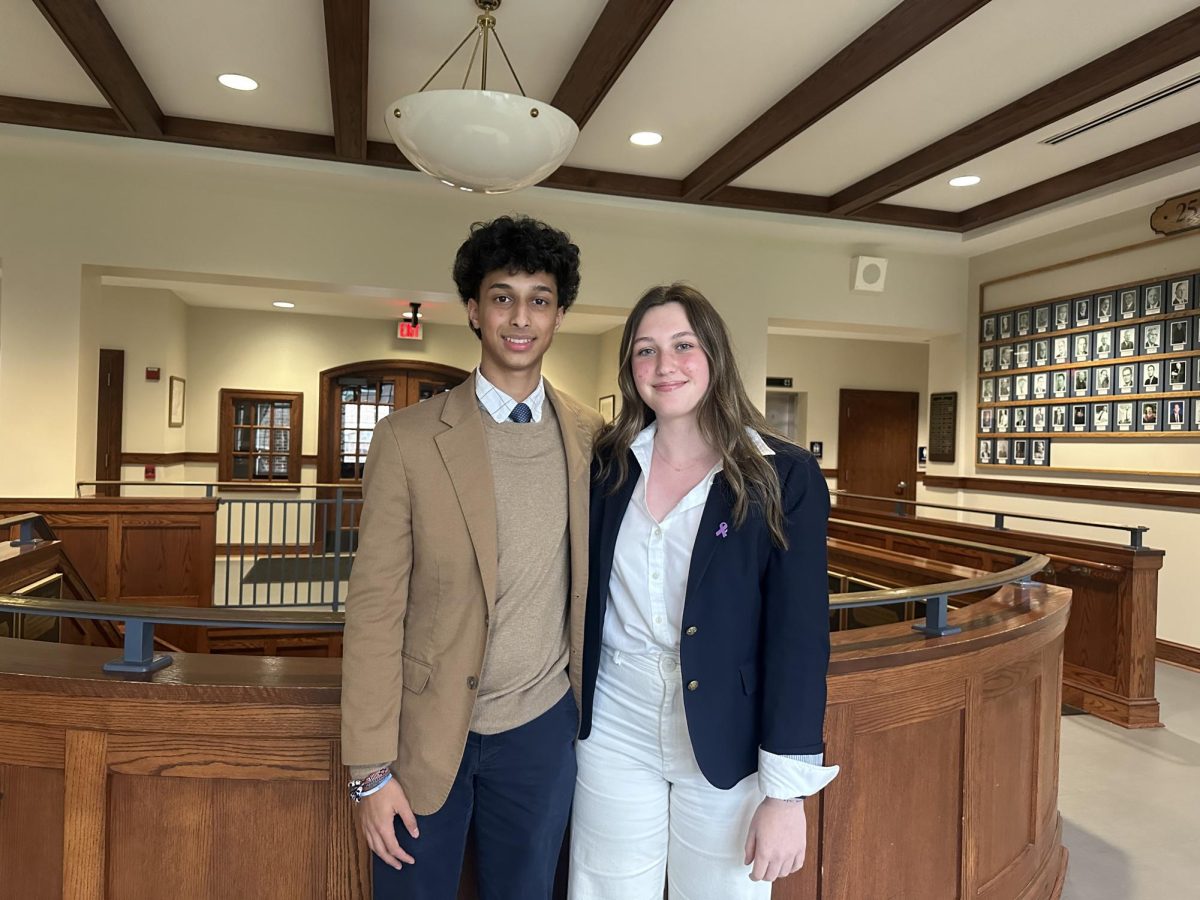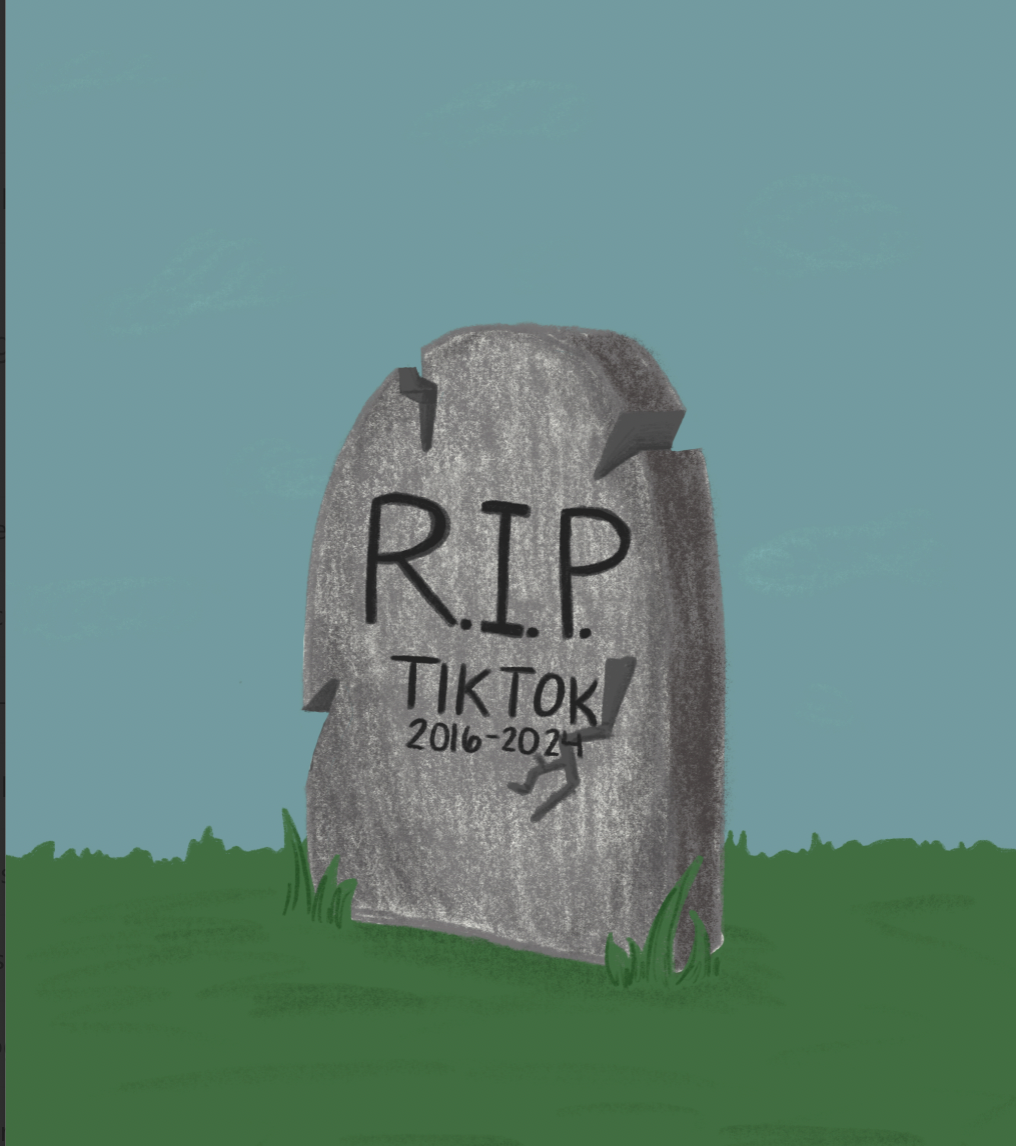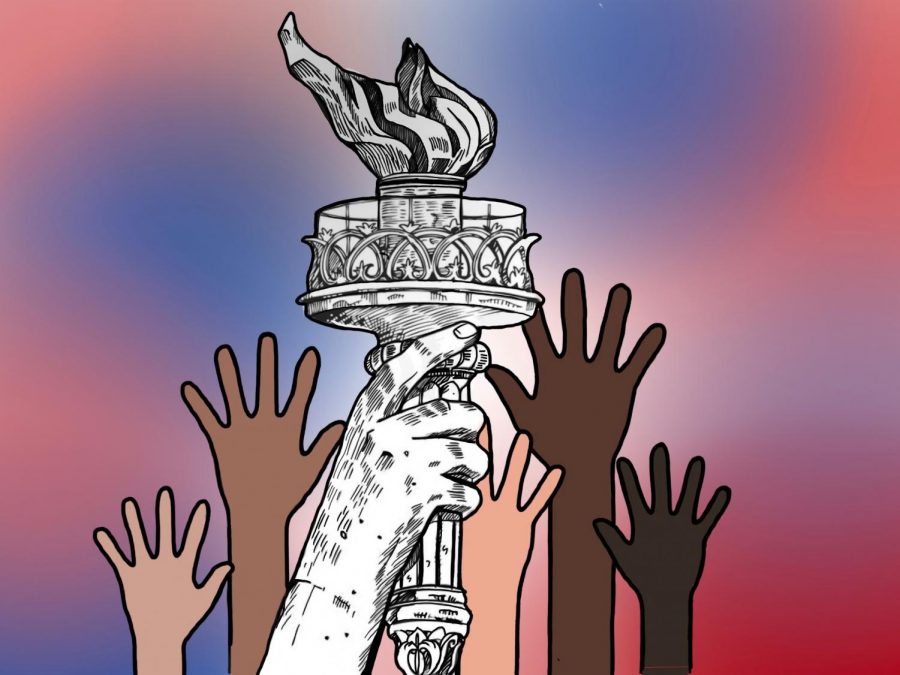How to promote political discourse at Hill
Politics is ubiquitous in our lives. Everything is political. From something obvious, like who our president is, to something seemingly completely unrelated, like what’s for dinner in the Dining Hall. Everything can find its way back to politics. However, despite the important nature of this subject, many Hill students still remain ignorant about current events, taxes/finance, or even the basic functions of the government.
Don’t get us wrong, the school tries to encourage political discourse. The school fosters clubs like the Young Republicans Club, Young Democrats Club, and the Young Democratic Socialists Club. And yes, the school offers courses such as Economics AP and AP Gov, where teachers teach students about policy and the like. However, many of these examples have fatal flaws. You can’t teach WHAT to think about policy, you have to teach them HOW. That is the only way to foster genuine politically savvy students. Despite how nice it is to have political clubs, they are like echo chambers where it is impossible to have your political opinion challenged and grow.
Just this school year, 6th formers got to go and vote in both national and local elections. Yet if you were to ask the average student about their view regarding the U.S. government’s actions in the Middle East, you would be hard-pressed to find a nuanced discussion regarding the world’s strongest superpower’s geopolitical goals in handling a strategically important and highly volatile region.
A large problem the political climate at Hill faces is misinformation through social media. Go on Instagram or Tik Tok, and you’ll find thousands of posts shared by students either stating blatant misinformation or just a variety of statistics formatted to garner a reaction. These statistics have zero nuance behind them, and the majority of these posts don’t offer in-depth solutions to the problems they bring up, leaving short statements for their viewers to parrot.
Hill also faces a problem that, in an age of hyper-partisanship, there is a stigma around discussing politics. People are worried about offending others.
Unfortunately, unlike many other subjects, you can’t teach people what to think about politics, which defeats the whole purpose. And the difficult task of teaching students how to think about politics is not going to go away by itself. Only by further encouraging discussion in class and increased salience can we help students to reach out and develop their own well-founded opinions about important issues. This is no exaggeration, our future depends on it.



























